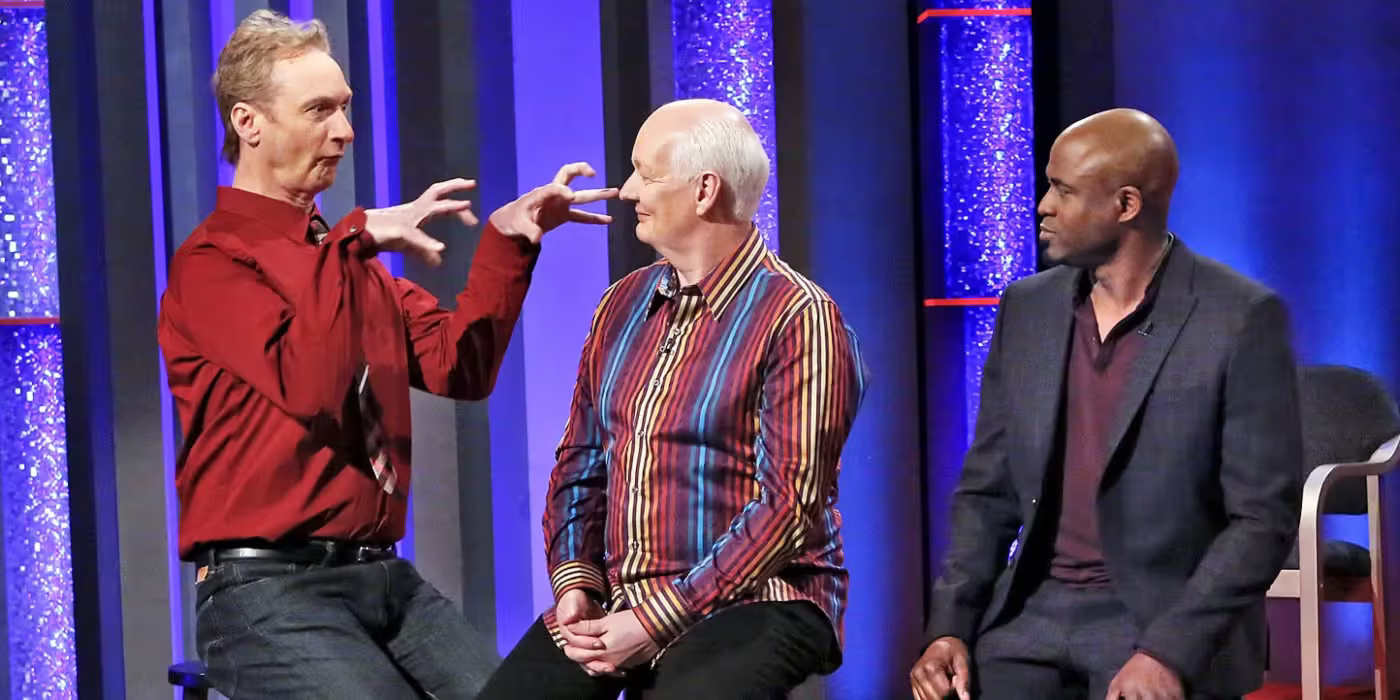Unfortunately it's time to take a lesson from: Improv comedy

I'm not going to talk to you about yes and, don't worry, it's not that bad.
I used to be an actor. I'm what they call professionally trained. This just means I spend several years of my life and several thousands of dollars learning how to act. Time and money well spent, obviously.
The thing about enjoying acting and wanting to do it a lot of the time is that you wind up spending a lot of time around actors. And a lot of them are great, some of my best friends are actors, but I'm sure no one will be to scandalised if I say that some people become actors solely to show off. And worse, some people people actors because they want to look cool.
The problem with this is that it makes them selfish performers. They struggle to connect with scene partners because they're thinking too much about their own performance. They second guess their choices because they're focussed on how they're being perceived.
